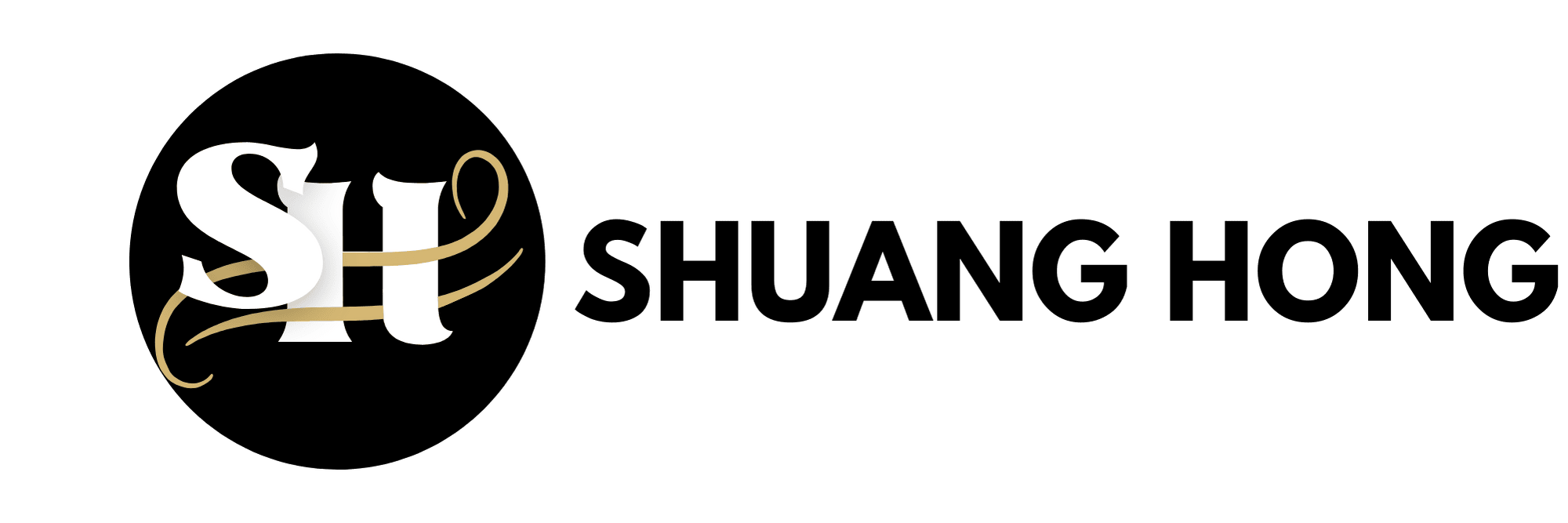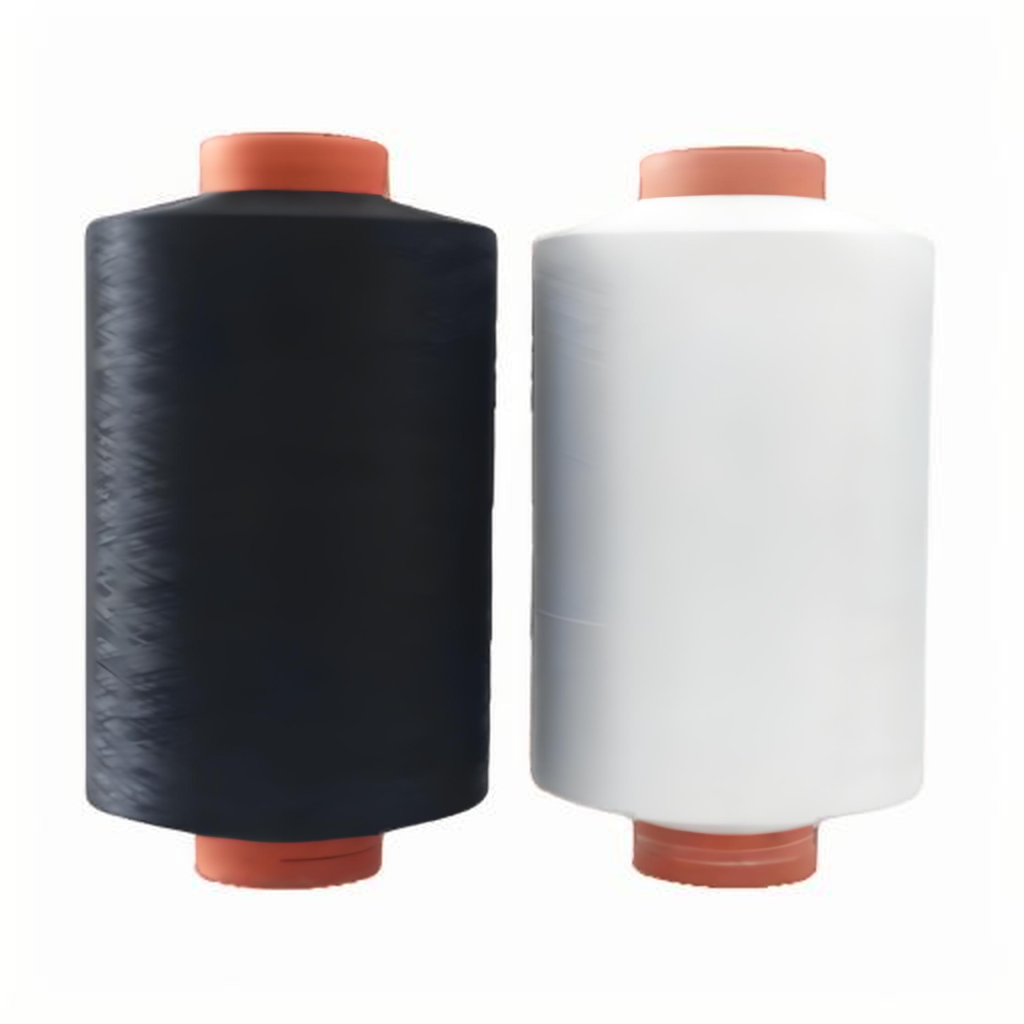In early 2025, federal policy discussions on industrial textiles have focused on Polyester Spun Yarn. The government is evaluating regulations to enhance sustainability and safety in textile manufacturing. This policy evolution aims to balance environmental protection with industry needs, potentially encouraging wider adoption of Polyester Spun Yarn in the textile industry.
As global attention increasingly shifts toward sustainable manufacturing, materials like polyester spun yarn are finding renewed relevance. While many industries face growing regulatory challenges, especially concerning plastic waste and non-renewable inputs, the textile sector has unique opportunities to adapt and innovate. Companies such as textilessupplychain (https://www.textilessupplychain.com/) are leading the charge in balancing performance, durability, and environmental responsibility in yarn production.
Although recent policy changes—particularly in plastic and packaging—have created uncertainty across sectors, they also emphasize the urgency of transitioning toward materials that support circular economy models. In this evolving context, polyester spun yarn continues to be a dependable, versatile solution that can align with both environmental goals and consumer demand.
State and Regional Sustainability Policies: Textile Implications
Many U.S. states have embraced proactive environmental legislation—such as New York’s Packaging Reduction Act and California’s bans on EPS packaging—to reduce plastic dependency and improve material recovery. While these laws primarily target plastic foodware and packaging, their implications extend to related sectors, including textiles.
Manufacturers of polyester spun yarn—particularly those integrating recycled PET or pursuing low-emission production processes—are well-positioned to align with these eco-driven trends. ポリエステル紡績糸, made from staple fibers, is increasingly seen as a responsible alternative when it incorporates recycled content and complies with eco-certifications.
These developments offer textile businesses the opportunity to anticipate market shifts, optimize material sourcing, and participate in sustainable initiatives that state governments are rapidly adopting.

Environmentally friendly Polyerster spun yarn
Global Approaches to Sustainable Materials and Their Relevance to Yarn
Global regulatory movements—such as the EU’s Single-Use Plastics Directive and Canada’s national plastics ban—demonstrate the potential of cohesive sustainability strategies. For textile manufacturers, these models provide a roadmap for integrating sustainability into core business operations.
Internationally, recycled and eco-friendly polyester spun yarn products are already being embraced for their reduced environmental footprint. The versatility of polyester spun yarn allows it to be used in a variety of applications—from apparel and home furnishings to industrial fabrics—making it an adaptable choice for companies aligning with emerging global standards.
Eco-Innovation in Yarn Production: Rising to the Challenge
To stay competitive in this changing regulatory environment, companies must invest in cleaner, more transparent production practices. For producers of polyester spun yarn, this means:
-
Sourcing post-consumer or post-industrial polyester waste as feedstock
-
Reducing energy consumption in the spinning process
-
Ensuring compliance with certifications like GRS (Global Recycled Standard) and OEKO-TEX
-
Improving product traceability through digital supply chain integration
By focusing on these strategies, polyester spun yarn manufacturers can enhance their environmental credibility and appeal to environmentally conscious buyers.
At textilessupplychain, we are committed to helping clients access yarn products that meet evolving sustainability benchmarks—without compromising on strength, softness, or affordability.

ポリエステル紡績糸
The Business Case for Sustainable Yarn Solutions
The shift toward greener materials isn’t just a policy-driven trend—it’s becoming an economic imperative. Companies that adapt quickly to changing market expectations for environmentally responsible materials often enjoy:
-
Increased access to government and institutional procurement contracts
-
Enhanced brand reputation and consumer loyalty
-
Risk mitigation against future regulatory changes or restrictions
-
Greater flexibility in international trade and export compliance
In this context, polyester yarn stands out as a material that can meet durability requirements while being tailored to various environmental performance levels. This makes it ideal for both mass-market products and high-spec applications.
Consumer Awareness and Demand for Transparency
As consumers become more informed, their preferences are shifting toward materials that demonstrate traceable, responsible production. This presents a compelling incentive for brands to use polyester spun yarn that comes from certified or recycled sources.
Brands can differentiate themselves by clearly communicating:
-
The recycled content percentage in their yarns
-
The environmental benefits of polyester spun yarn over alternatives
-
How the product lifecycle contributes to reduced environmental impact
Transparency in sourcing and sustainability claims will become a core part of consumer trust and brand loyalty—especially in apparel, footwear, and interiors.
Technological Advancement and Future Potential
Innovation continues to expand the potential of polyester spun yarn in sustainable manufacturing. Advances in low-temperature dyeing, waterless finishing, and microplastic capture are helping yarn producers reduce their environmental impact even further.
In addition, emerging partnerships between universities, material scientists, and industry leaders are producing enhanced polyester spun yarn that:
-
Offers improved biodegradability when blended with specific natural fibers
-
Is engineered to minimize microplastic shedding
-
Can be fully recycled through closed-loop textile recovery systems
These breakthroughs are making it easier for textile companies to meet both regulatory expectations and environmental goals.

High quality Polyerster spun yarn
A Path Forward with Purpose
In a world where environmental policies are rapidly evolving and public expectations for sustainability are growing, polyester spun yarn offers a viable and responsible path forward. Whether crafted from virgin or recycled polyester, it provides the functionality and durability that global markets demand—while increasingly supporting green innovation and resource efficiency.
At textilessupplychain, we believe that progress in textiles must align with ecological responsibility. By choosing polyester spun yarn solutions that are thoughtfully sourced and sustainably produced, businesses can position themselves not just to survive policy changes—but to thrive in a cleaner, smarter future. Let us be your partner in building a textile supply chain that prioritizes performance, compliance, and long-term environmental stewardship.
Visit us at: https://www.textilessupplychain.com
Explore more about our high-quality, sustainable polyester spun yarn offerings.
過去のニュース
What Makes Polyester Spun Yarn the Top Choice f...次のニュース
Polyester POY and Policy Shifts: Navigating Sus...
毛糸で
目玉商品
-
 DTY 100D/144F ポリエステル糸
DTY 100D/144F ポリエステル糸DTY 100D/144F ポリエステル・ヤーン:究極のガイド...
-
 DTY 100D/96F ポリエステル糸
DTY 100D/96F ポリエステル糸DTY 100D/96Fポリエステル糸: ソフトで安定した素材。
-
 DTY 75D/144F SIMポリエステル糸
DTY 75D/144F SIMポリエステル糸DTY 75D/144F SIMポリエステル糸:...に最適です。